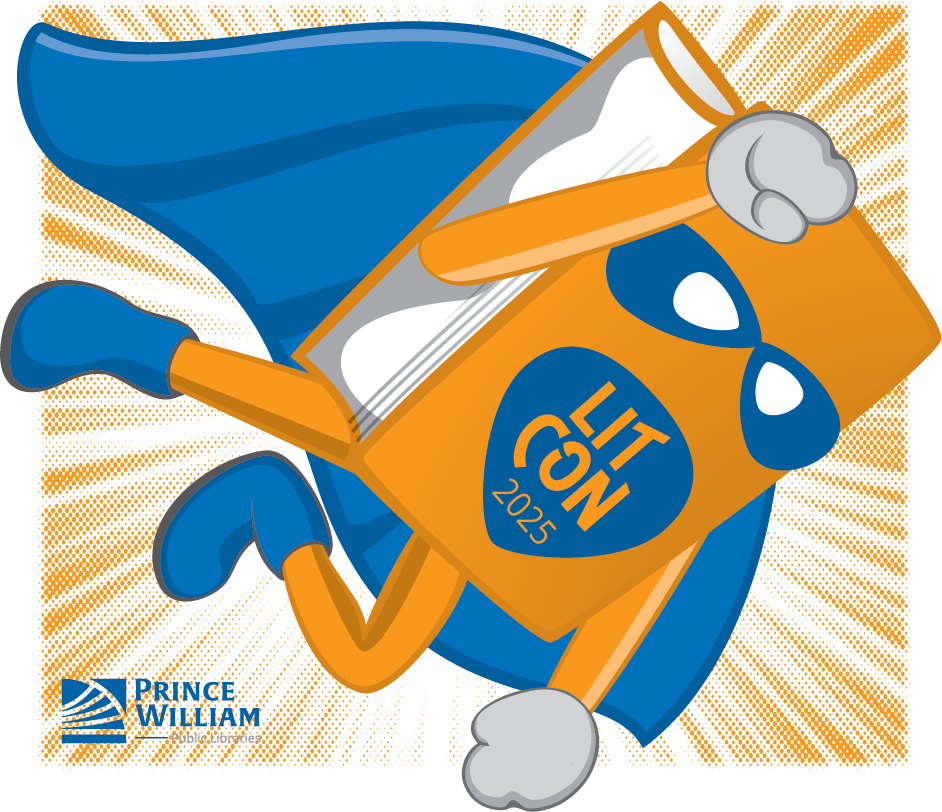Virginia Cooperative Extension – Prince William Helps Those Facing Foreclosure
PRINCE WILLIAM COUNTY, VA – No one wants a foreclosure to happen. Banks and mortgage companies try to avoid foreclosures, which adversely affect them, homeowners and the community.
Foreclosures cost banks thousands of dollars, and they are not equipped to sell houses. “They want to avoid foreclosures as much as possible,” said Marjorie Leon, program manager for the Virginia Cooperative Extension – Prince William (VCE) Financial Education and Housing Counseling Program. “They don’t want to repossess or foreclose on a home. They don’t want to warehouse property because they’re not in the business of real estate ownership. They want to be able to keep the loans functioning and collect their interest.”
Keeping people in their homes also helps prevent the neglect and blight that often comes with empty houses. It is also easier for localities to collect taxes on occupied houses.
VCE counselors, who are U.S Department of Housing and Urban Development, or HUD-certified, stand ready to work with clients and lenders to avoid foreclosure. “If someone comes in and says, ‘I want to work with a counselor. This is what my situation is. I’m two months behind,’ we look at the options available to them and work on those options. The rest is a to-and-fro between the counselor, the lender and the client on what can happen to keep the home.”
No two situations are alike, and VCE counselors tailor their approach to each client. “It’s very, very targeted to their own individual circumstances,” Leon said. “It’s available to anyone who says they want to work with a counselor. We intake them. We try to find out all the details, and we try to work with the lenders. It is individualized, and it depends on their situation. The circumstances change from client to client.”
Loan modification is the main tool program counselors can use to help people stay in their homes. If homeowners are not too far behind in their mortgage, lenders might agree to defer delinquent payments by adjusting the terms of the loan. VCE counselors can help the homeowner navigate the intricacies of the process. “We instruct clients on how to avoid foreclosure, what the timeline is and how to deal with lenders. We work with the lender, and if options are available, and it can happen, we make it work. Our rate of retention is in the high 90s. Ultimately, the goal is to get them to a certified HUD housing counselor if they are in trouble and facing foreclosure,” Leon said.
If homeowners are too far behind in their payments, lenders might suggest selling as an option to avoid foreclosure, Leon said.
Over the past year, VCE counseling was virtual. However, things are moving toward more in-person counseling. “We are in a hybrid mode right now. We’re seeing about 40 percent of our clients in person. We expect to operate on a full, in-person schedule by September,” Leon said.
All counseling sessions are one-on-one. Those in need of assistance can call the VCE at 703-792-4713 or 703-792-4633 for a phone consultation, or email housingcounseling@pwcgov.org. VCE responds to inquiries within 24 hours.
Visit Community Development Foreclosure Prevention for more information.



